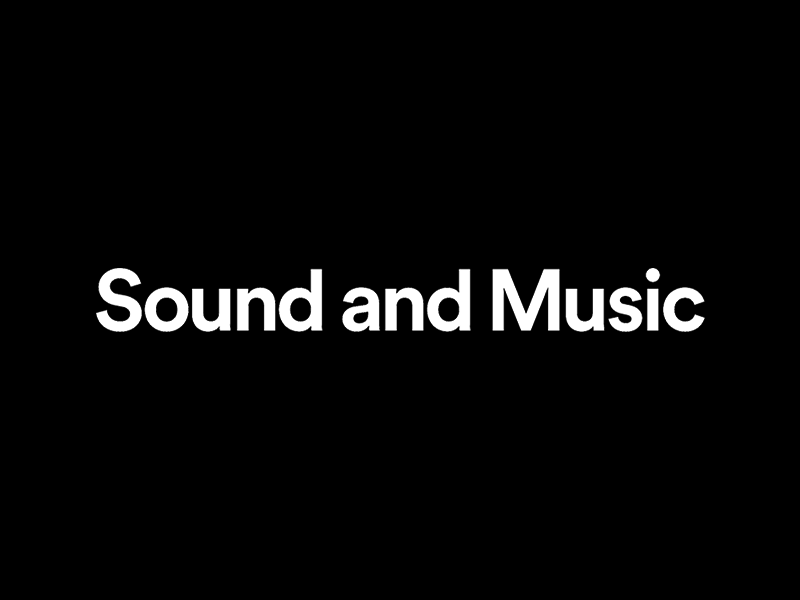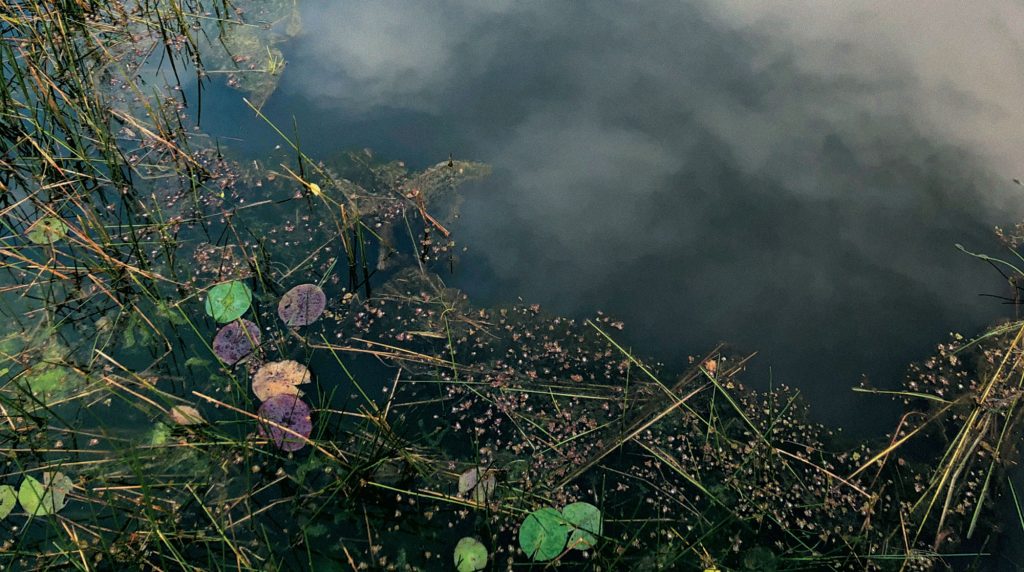A CRiSAP event focusing on and around the work of artist and composer Annea Lockwood
- Taking place online on: 28 & 29 April 2022
- Deadline for proposals: midnight (GMT) 3 January 2022
Over a career spanning six decades, composer and sound artist Annea Lockwood has produced a wide variety of work. She is best known for the Sound Map works that have resulted from her intense engagement with the Hudson (1989), Danube (2005) and the Housatonic (2012) rivers, and her complex associations with pianos in her Piano Transplants (Piano Burning (1968), Piano Garden (1970), Piano Drowning (1972), Southern Exposure (1982). Yet her intimate, detailed, playful and generous relationships with sound can be heard in all her work whether for concert, installation or in collaboration with other artforms. Much of her work is collaborative. She has worked with students, women’s groups, other composers, instrumentalists, artists and choreographers yet the variety of output is united by its invitation to listen intently and through that to think differently. With the possible exception of the recent rise in interest in the work of Pauline Oliveros and Éliane Radigue, both friends of Annea, there has been little critical examination of the work of women sound artists of this generation.
We invite responses that extend knowledge and contribute towards a wider critical examination of Annea Lockwood’s work.
This open call welcomes responses from all relevant disciplines and in a variety of formats from short and long academic presentations to more experimental contributions that may include sound works, moving image, performance, etc. We particularly welcome proposals from people and groups who are traditionally underrepresented within academic events and those ‘outside’ of the academy. “Wild Energies: Live Materials” is an extension of Sound::Gender::Feminism::Activism (SGFA) and is part of ongoing research into historic and contemporary feminist discourses and practices in sound arts, sound-based arts and experimental musics that are engaged with gender, feminist and queer politics and to contribute to a growing network of researchers and practitioners working in these areas. Different incarnations of SGFA took place in London in 2012, 2014 and 2016 and in Tokyo in 2019 and attracted a diverse range of international presenters and attendees.
With this context in mind we particularly welcome responses that examine Annea’s work in relationship to:
- Collaboration and collectivity
- Intimacy
- Sonic materiality
- Posthumanism
- The more-than-human
- Living entities (and their legal rights)
- Indigeneity
- Activism
- Feminisms
- Embodiment
- Magic, shamanism & spirituality
- Healing
- Queer politics
- Pertinent historical contexts
This list is by no means exhaustive.
Please send expressions of interest, including the theme, topic and format of your presentation of around 200 words and a short biography of no more than 150 words including affiliations (where relevant), by midnight (GMT) 3 January 2022 via this submission form.
All submissions will be notified by Friday 14 January 2022. Any questions, please contact us on crisap@arts.ac.uk
– –
Creative Research into Sound Arts Practice (CRiSAP) is a research centre at the University of Arts London (UAL). CRiSAP’s aim is to extend the development of the emerging disciplinary field of sound arts and to encourage the broadening and deepening of the discursive context in which sound arts is practiced.
Wild Energies: Live Materials is part of Un-Earthed: A Festival of Listening and Environment, an ongoing series of events inviting both serious and more playful interrogations of current sound and listening practices and how they might help us reconsider our evolving relationships with other species, the built environment, truth and each other.



